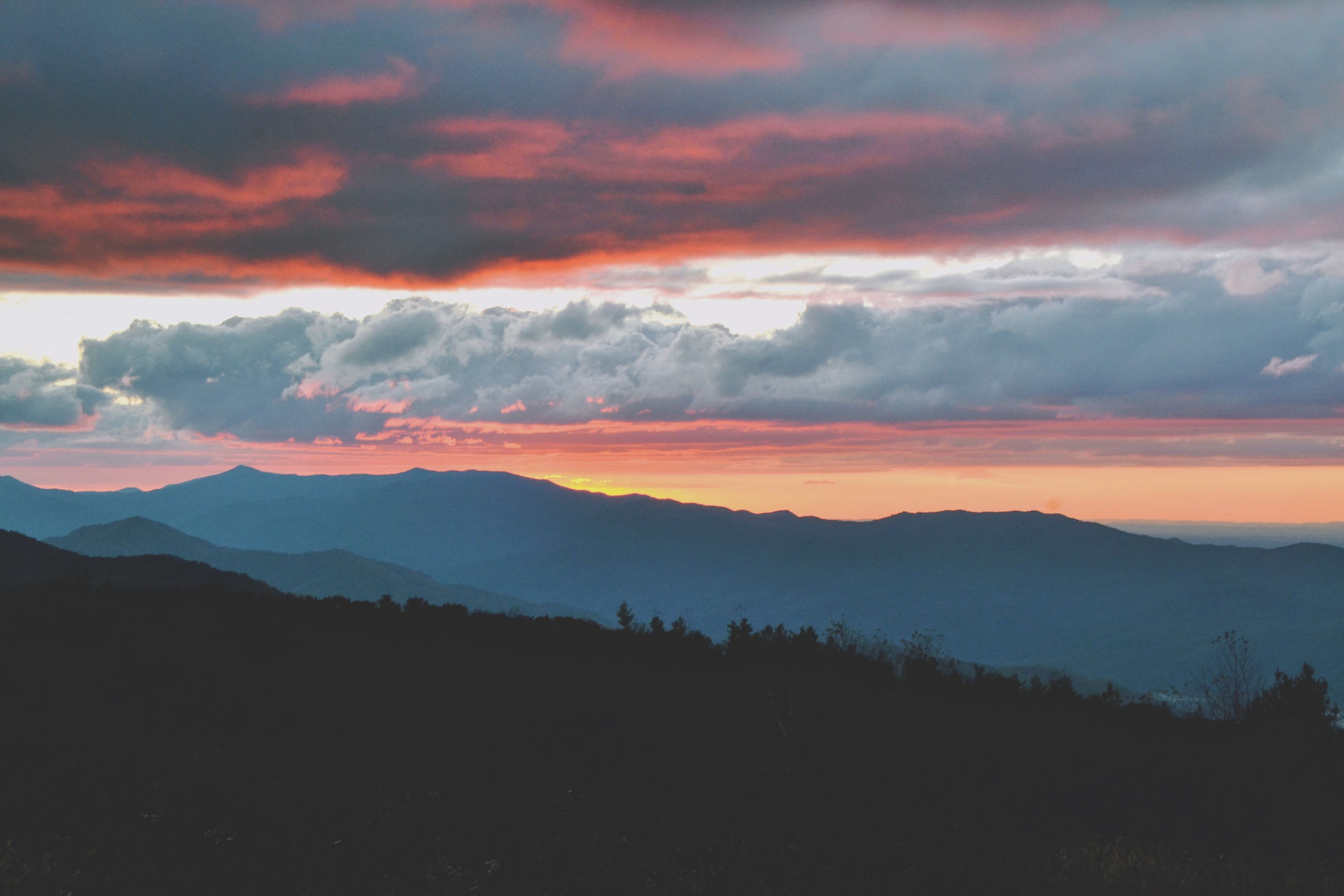Grandfather Mountain Highland Games set to celebrate 65th anniversary
- Sarah Connolly
- May 7, 2021
- 3 min read

The Grandfather Mountain Highland Games, located near Linville, North Carolina, will celebrate its 65th year in July as organizers implement COVID-19 safety measures.
This summer will see the Grandfather Mountain Highland Games return to North Carolina after being cancelled last year due to the COVID-19 pandemic. Attendance will be limited to 75-80% of 2019’s figures to ensure a safe event in July.
“In response to COVID-19 restrictions, we will require face masks where it is not possible to maintain social distancing,” said Quillin. “This could be on our shuttle buses, in the bleachers, in food lines, or in music groves.”
The festival was founded in 1956 and takes place annually on the second weekend in July at MacRae Meadows. A wide range of events allow spectators to sample Scottish food, music, dancing, costumes and field athletics across four days of competition.
The highland athletics competition is open to both professional and amateur athletes, and it is regarded as one of the premier contests in the United States. A rigorous qualifying process takes place prior to the festival, and this ensures the highest standard of competition as participants will compete based on form.
Amongst a wide range of athletics events is “The Bear,” a famous hill climb and one of the games’ most popular events, with participants racing from Linville to the top of Grandfather Mountain. The games’ oldest event is its gruelling 52-year-old marathon with competitors beginning in Boone, North Carolina and racing to the finish line at MacRae Meadows.

“The Grandfather Mountain Highland Games was founded primarily as a gathering of Scottish clans in the Appalachian region,” said games director Stephen Quillin. “But the event is now the largest international gathering of Scottish families in the world.”
Each year, 105 to 115 recognized clan and family societies attend the games in celebration of their highland heritage. Each clan must qualify as an independent family group before setting up a tent at Grandfather Mountain.
“We are not the largest highland games in the United States due to being located on a mountain, but I do think our setting is the most beautiful,” said Quillin.
Along with the athletics events, there is also an impressive array of musical talent at the games. Scottish fiddling, a solo bagpiping and drumming championship and the Atlantic International Highland Dance Championships provide authentic highland entertainment for spectators. These events draw local talent, as well as competitors from overseas. Musicians travel from as far as Ireland, Scotland and New Zealand to take part.
The bagpipes are a cultural artifact for the Ulster-Scots, a group often incorrectly referred to as Scotch-Irish. Author and historian Dave Tabler paid tribute to the central role of music in the lives of Scottish settlers in Appalachia.
“If they had one or two bags containing all their worldly possessions, very often they would carry a musical instrument,” said Tabler. “Music reminded them of their roots and their homeland.”
Scottish bagpipe music is a competitive industry, with bands from across the world assembling in Glasgow annually for the World Pipe Band Championships. In recent years, Canadian and North American bands have featured strongly at the highest levels of the competition in Scotland. Quillin believes that festivals like The Grandfather Mountain Highland Games have helped improve the quality of pipe band music in the United States.
“At Grandfather, we took pipe band solo piping to the public by offering our stage,” he said. “When you come to our festival, you will see 250 people gathered around a stage listening to top quality solo piping because we gave it a platform.”
Quillin is one of many Appalachians who traced his roots back to Ulster-Scot heritage.
“I went to my first highland games at Grandfather Mountain in 1968 with my parents, and I haven’t missed one since,” he said.
Highland festivals are not exclusive to the Appalachian area, however, as the Ulster-Scot culture is spread out across the country. Tabler spoke of the strength of Ulster-Scot culture and how this has allowed large Appalachian communities to form in cities such as Detroit, Chicago and Cincinnati.
“Cincinnati has an annual Appalachian festival, even though the city isn’t particularly Appalachian,” said Tabler. “The Ulster-Scot people who went to Cincinnati took their culture with them and they really cluster as a community.”
To book tickets or learn more about this year’s Grandfather Mountain Highland Games, visit https://gmhg.org/.

Commentaires